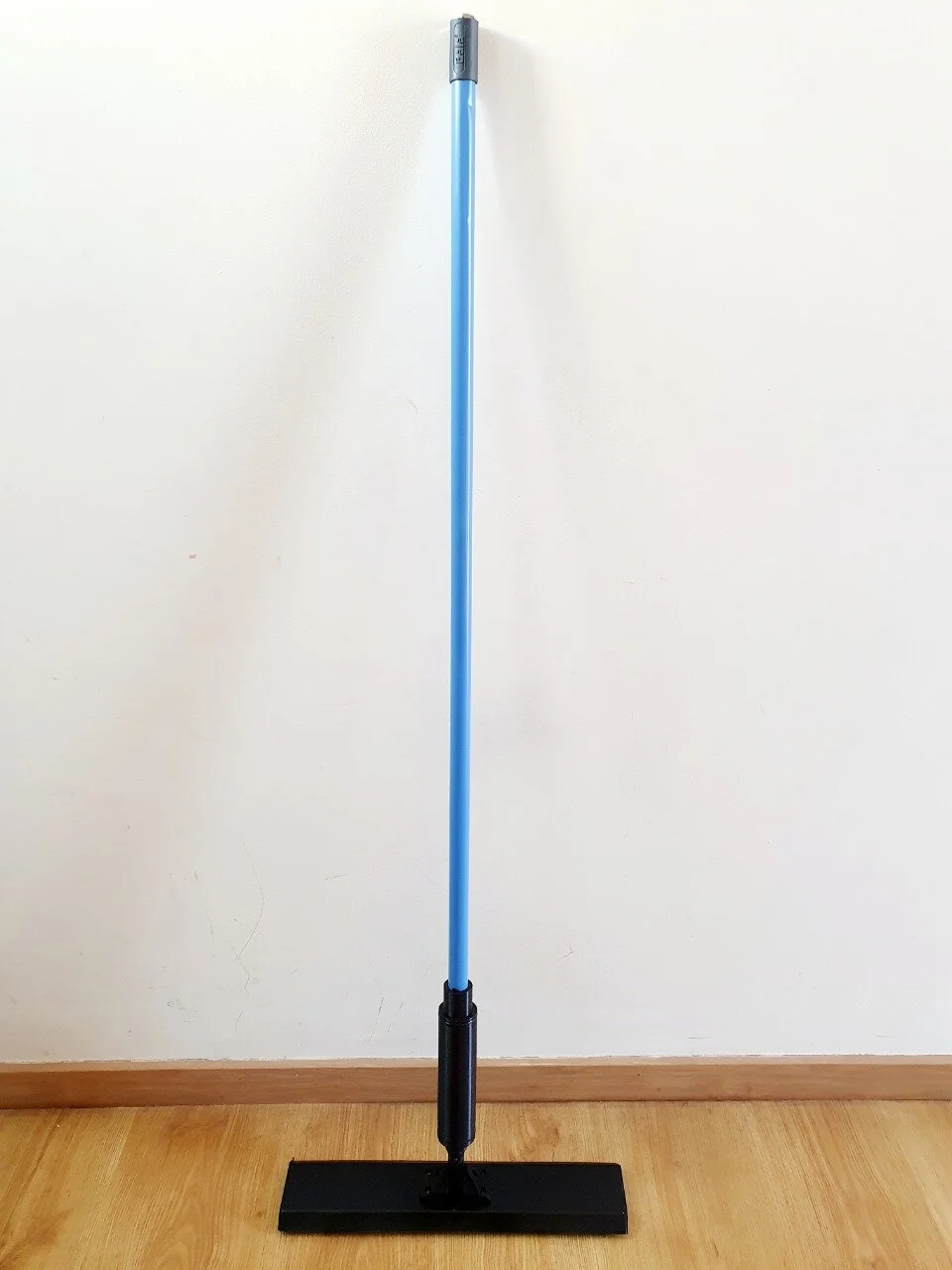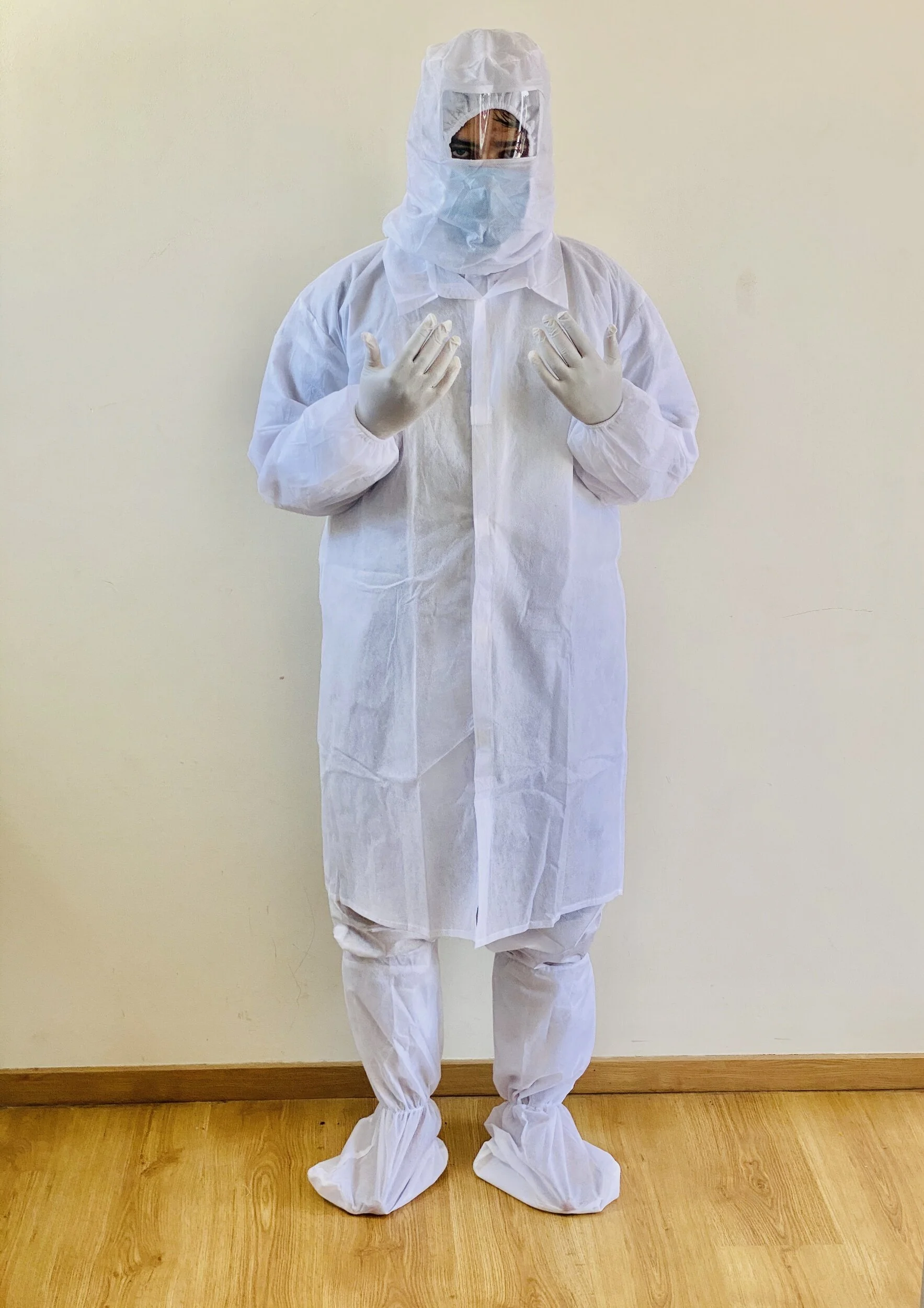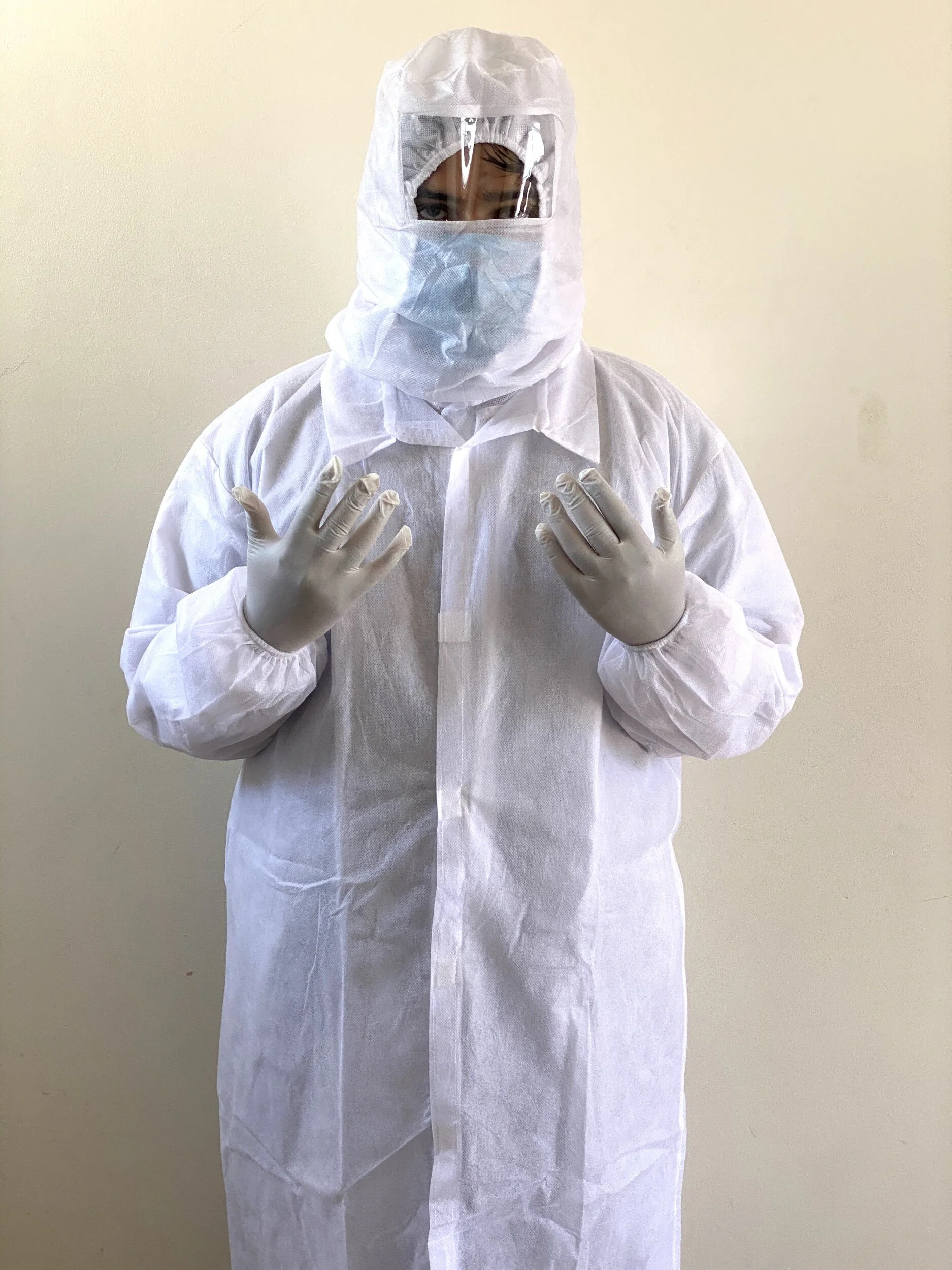IIT Guwahati develops low-cost UVC LED system to disinfect areas amid COVID-19
Indian Institute of Technology Guwahati has developed a low-cost UVC LED based disinfection system amid the Coronavirus outbreak in the country. The team is also addressing the critical need of the material required for the Personal Protective Equipment (PPE) i.e. fabrication material should have a waterproof ability.
Prof. T. G. Sitharam, Director, IIT Guwahati, has formed a research team lead by Dr. Senthilmurugan Subbiah, Department of Chemical Engineering, IIT Guwahati, to work in collaboration with M/s Excel Tech based in Bangalore and Ultimate Aeroaqua Filter Private Limited based in Guwahati to develop the two technologies.
Speaking about the efforts that are being made by the research team, Dr. Senthilmurugan Subbiah, Department of Chemical Engineering, IIT Guwahati, said, “IITG community is focused to work closely with government agencies and industrial partners to develop smart and low cost technologies to fight against COVID 19 under the leadership of Prof. T. G. Sitharam, Director, IIT Guwahati.”
UVC LED system to disinfect areas:
UVC system is a proven technology to sanitize the microorganism infected non-porous surface. 90 % killing rate can be achieved by UVC for one of the highly stable virus MS-2 Coliphase with 186 J dose, whereas 36 J dose is needed for Influenza virus which is similar to COVID-19. In this project, the team has developed a UVC LED system capable of providing 400 J dose in 30 seconds, such that virus-infected surface will be sanitized. The unique design of this UVC system will ensure uniform UVC exposure in virus-infected non-porous area. Further to adopt this technology to porous surfaces, the team is improving the design by integrating UVC with Ozone system such that surface with porous nature also can be sanitized.
Another critical aspect of the technology is the safe usage of UVC system while sanitizing. The system is equipped with an object movement identification feature so that UVC exposure to human skin is avoided during the operation.
The primary role of IIT Guwahati is to develop the UVC system design, prototype (using 3D technology), and testing it in its laboratory.
Three of them are designed for household sanitization and one of them for sanitizing bigger spaces like hospital wards, buses, metros, and railway compartments, including those transformed for COVID-19 care.
UVC LED system is under design and prototype development. The industrial partner was able to source required raw material to produce 5000 number of floor sanitization UVC system. The industrial partners are in the process of getting special approval from the government agencies to start production during the lockdown period.
Personal Protective Equipment (PPE)
According to the research team, one of the critical requirements that COVID PPE fabrication material should have is a waterproof ability. As a research institute, IIT Guwahati is providing technical support to identify the best waterproof material from the Indian market and its performance concerning waterproof. With identified material, the industrial partner has produced a sample PPE for further waterproof testing. Further, IIT Guwahati team will be exploring potential technology for antimicrobial coating on PPE to reduce the viral load on PPE during exposure to COVID-19.
PPE kit includes a jumped suite, face shield, mouth mask, head covers, gowns and shoe covers.
M/s Excel Tech Bangalore and Ultimate Aeroaqua Filter Private Limited foresee a need for at least 1 million PPE kits soon for India and both the companies are working together to meet this demand, with a separate task team assigned for this project. The initial trial for the production of 15,000 PPEs has been completed successfully and 200 PPEs are ready for shipment to IIT Guwahati for further improvement study. Another 2000 PPEs are ready for supply to Northeast hospitals. Both industry partners are working together to ramp up the production by sharing IIT Guwahati’s PPE design with mass production vendors across India. The PPE’s designed in a more sealed manner using the existing manufacturing facilities in India, unlike the current existing PPEs, along with impregnating the materials used with anti-microbial substance.
These solutions will not only minimise the spread of COVID-19 but also help in eradicating the traces of the disease at a faster pace. This implementation would also increase the sanitary standards of the country in the long run.



